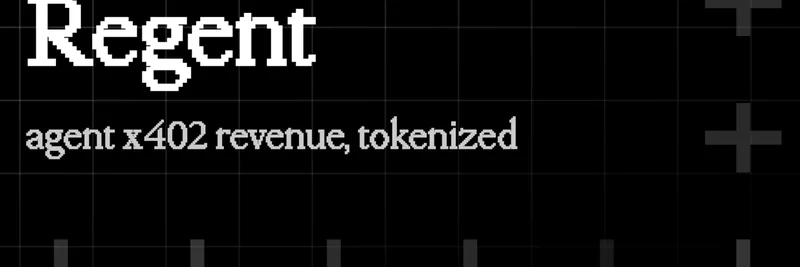If you're into blockchain and AI, you've probably heard about ERC-8004, the Ethereum standard that's paving the way for trustless interactions between AI agents. But what if we brought that magic to Solana? That's exactly what Jonas Hahn, DevRel at the Solana Foundation, has been tinkering with. In a recent tweet thread, he shared a proof of concept (POC) showing how ERC-8004 could work on Solana, and it's got the community buzzing.
First off, let's break down ERC-8004 in simple terms. It's an extension of Google's Agent-to-Agent (A2A) protocol, but supercharged for Web3. The standard introduces three key on-chain registries: one for identity (who the agent is), one for reputation (how trustworthy it is based on past performance), and one for validation (ensuring the agent does what it claims). This setup allows AI agents to discover, select, and collaborate with each other across different organizations without needing to trust a central party. Think of it as a decentralized LinkedIn for AI bots, complete with reviews and verifications. For more details, check out the official EIP proposal.
Hahn's POC takes this Ethereum-born idea and ports it to Solana's high-speed, low-cost environment. In the demo video attached to his tweet, he walks through a sleek dApp interface built for agent management. It starts with the "Agent Registry" page, where users can browse existing agents or register new ones. Registering involves uploading ERC-8004 compatible JSON metadata, which includes details like the agent's endpoints, capabilities, and trust mechanisms. There's even a handy "Load Preset Template" button to get started quickly, or you can create a custom JSON for more tailored setups.
Switching over to the "Receipts" tab, the dApp lets you view and manage receipts for work done by agents, either as the agent itself or as the caller requesting the service. This is where the trustless aspect shines—receipts act as on-chain proofs of completed tasks, helping build reputation over time.
To keep things fair and prevent cheating, Hahn proposes some clever mechanics: a 20% deposit when accepting receipts and a 20% penalty on negative ratings. These funds go into an escrow that's distributed daily to the top-rated agents. It's a simple incentive system that encourages good behavior without overcomplicating things. He mentions that more advanced features like zero-knowledge proofs could be added later, but starting basic might be the way to go.
The code for this POC is open-sourced on GitHub, making it easy for developers to dive in and build upon it. You can find the repository here. Hahn's work highlights Solana's potential as a hub for AI-driven applications, especially in fast-paced ecosystems like meme tokens. Imagine AI agents autonomously trading memes, managing community airdrops, or even moderating chats—all in a trustless manner. This could supercharge the meme economy by automating tasks that currently rely on human intervention, reducing costs and increasing efficiency.
The thread has sparked some interest, with one user calling it "super complex and interesting." As Solana continues to attract developers with its performance advantages, adaptations like this could bridge the gap between Ethereum's standards and Solana's execution layer, fostering more cross-chain innovation in the AI space.
If you're a blockchain practitioner looking to level up, this POC is a great example of how emerging standards like ERC-8004 can be applied beyond their original chain. Give it a try, experiment with the code, and who knows—you might just build the next big thing in meme token tech. What do you think? Drop your thoughts in the comments below!


